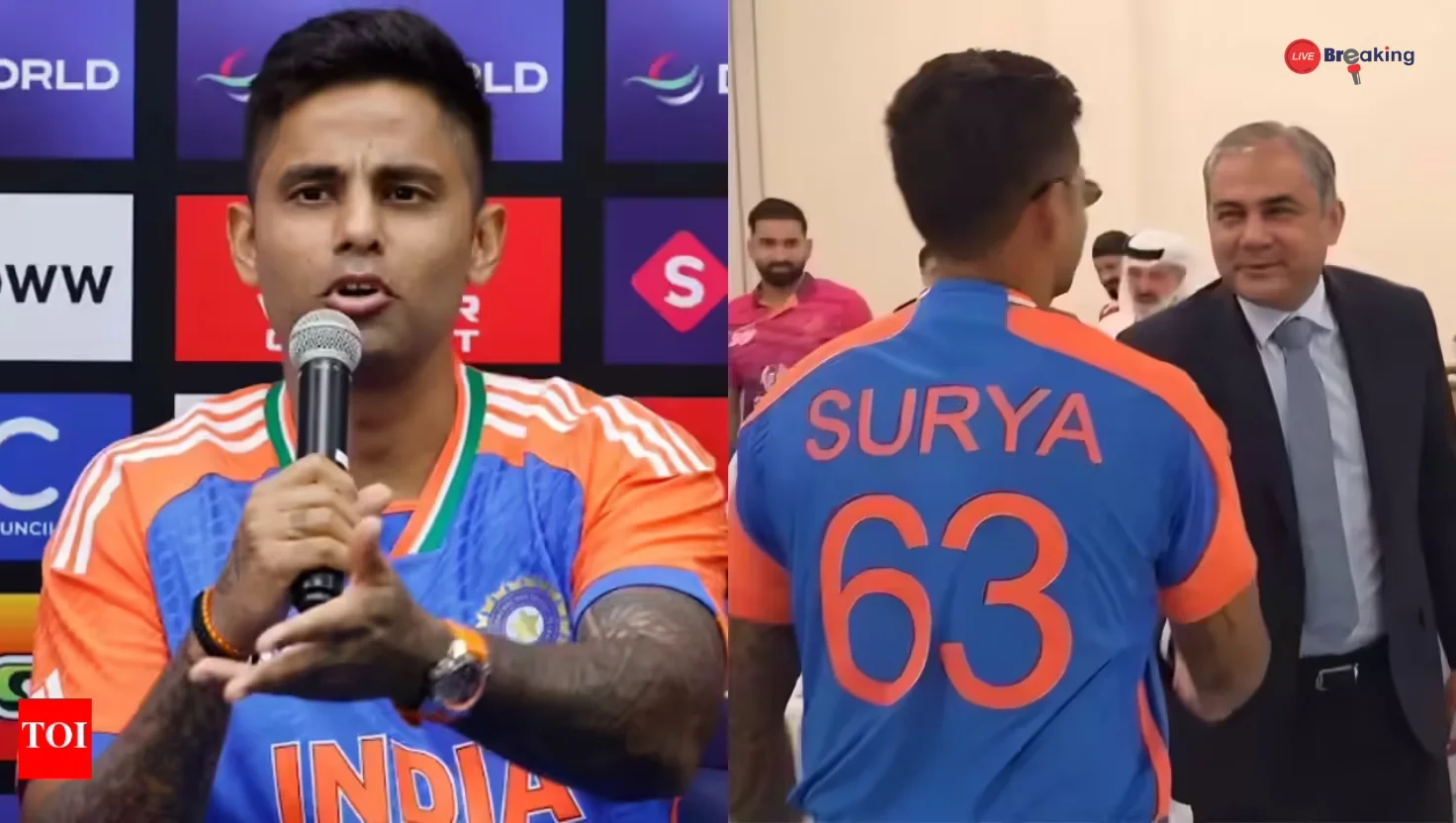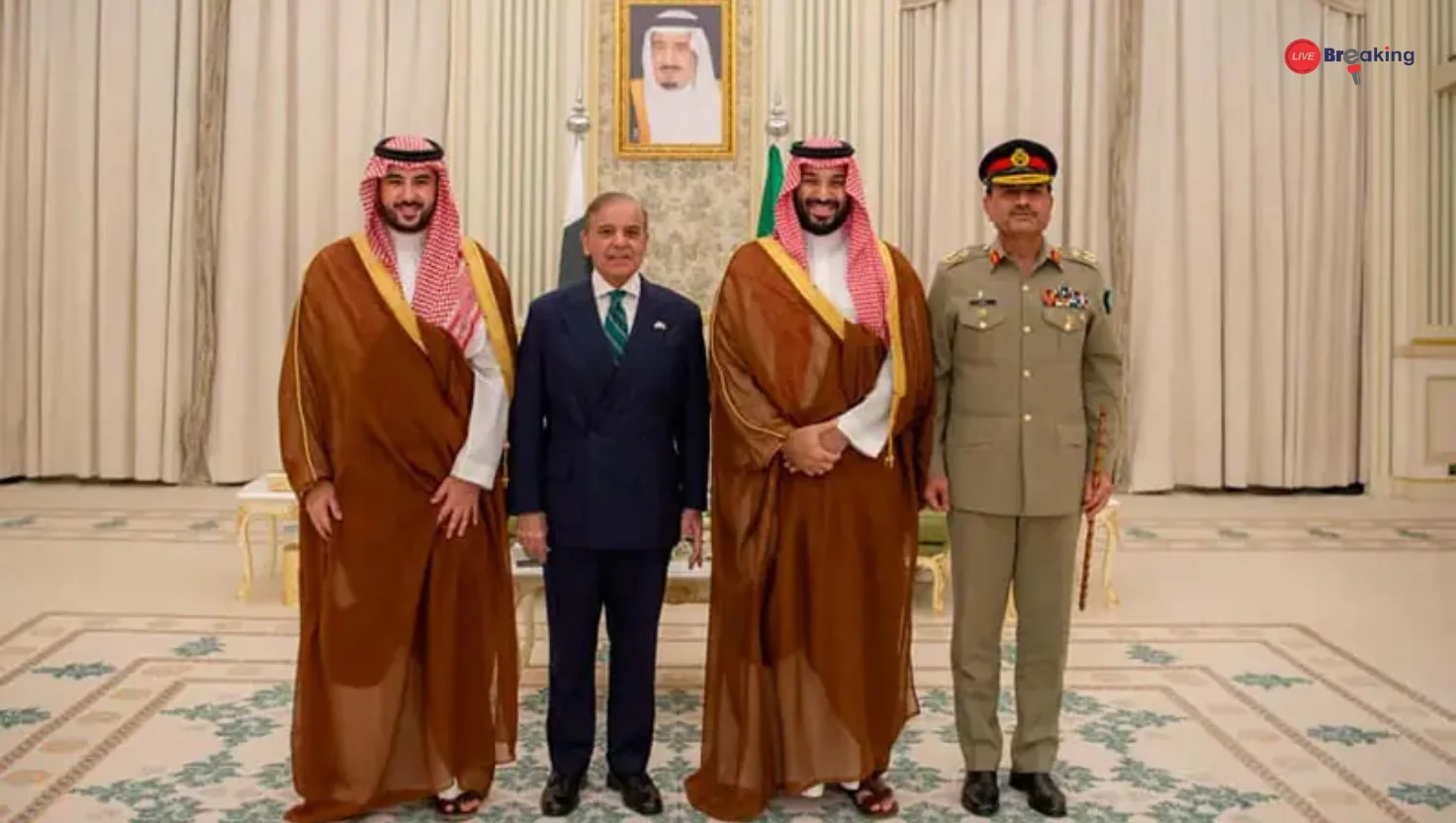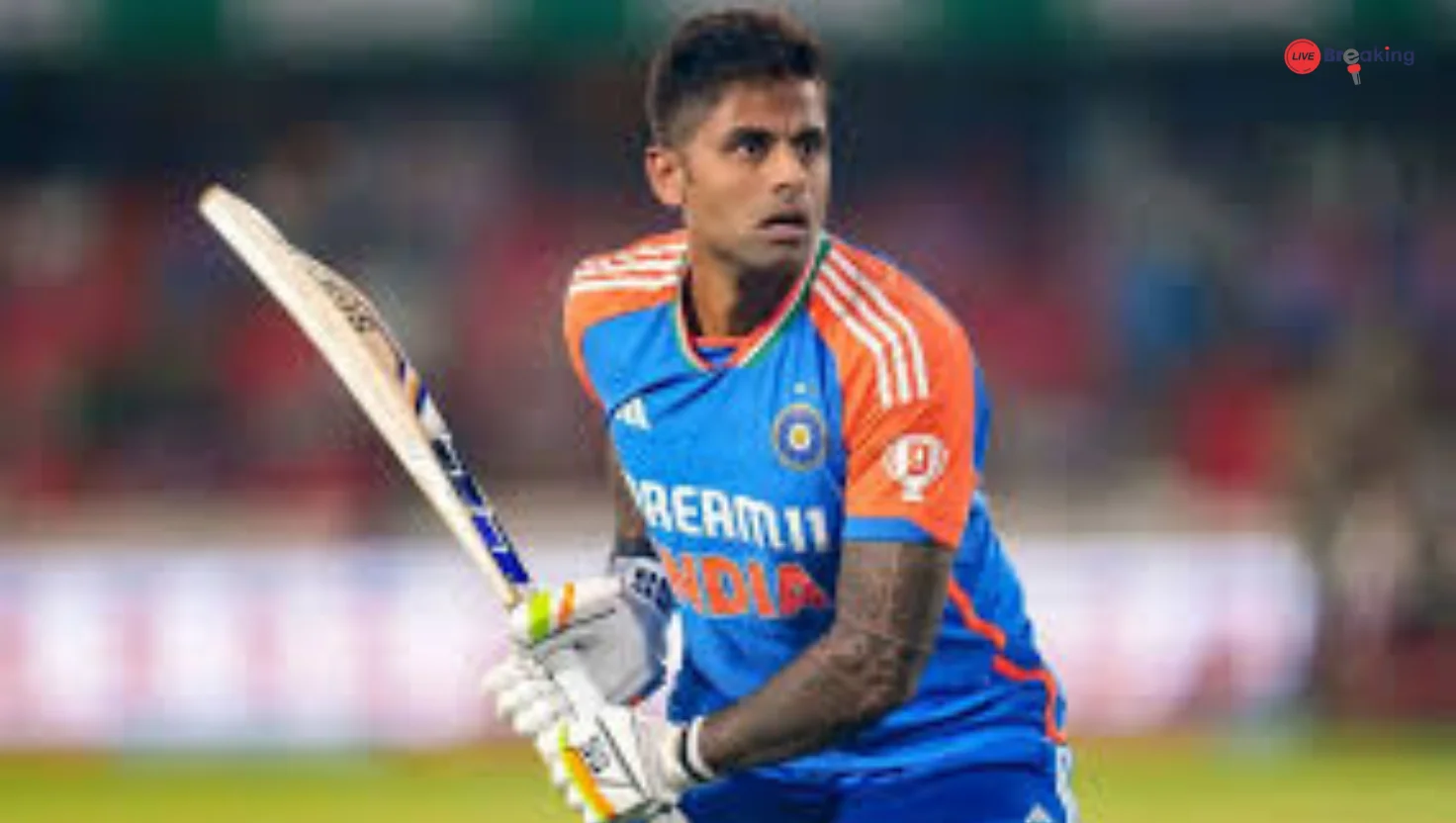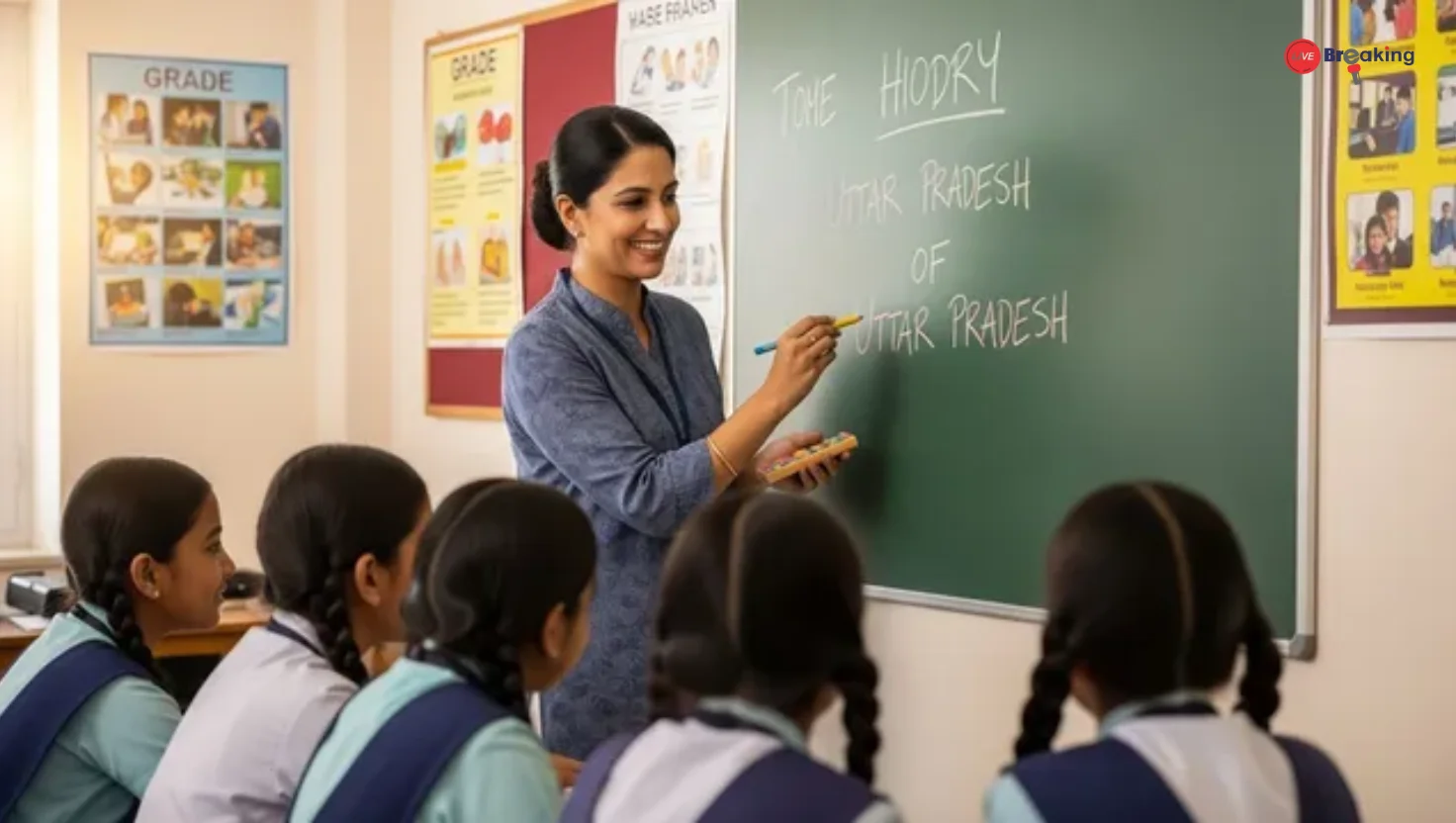No Handshake, Big Fallout: PCB Lodges Formal Protest Against India
The cricketing rivalry between India and Pakistan has never been confined to the pitch alone. It often carries the weight of political undertones, historical baggage, and heightened emotions. The latest chapter in this saga is the so-called “no handshake” controversy, which has now escalated into a formal diplomatic cricketing dispute. The Pakistan Cricket Board (PCB) has officially lodged a protest, accusing India of disrespect and poor sportsmanship.
The Spark Behind the Controversy
The incident unfolded after the recent high-stakes clash between India and Pakistan. Observers and fans noticed what they described as a deliberate avoidance of the customary post-match handshake by Indian players. While the Board of Control for Cricket in India (BCCI) maintained silence, the PCB viewed this gesture—or the lack of it—as a sign of hostility that went beyond the spirit of the game.
What may have seemed like a small break from tradition quickly spiraled into a storm, drawing attention from both media outlets and fans across borders. For Pakistan’s cricket administrators, silence was no longer an option.
PCB’s Formal Protest
Breaking its silence, the PCB has now taken the issue directly to the governing authorities of the sport, submitting a formal protest. According to the board, avoiding the handshake undermines the essence of cricket as a “gentleman’s game” and sends a troubling signal at a time when sporting interactions are already limited between the two nations.
The protest highlights not just the event itself, but also the symbolism attached to it. For Pakistan, this was not merely about protocol—it was about dignity, respect, and the message being sent to players and fans alike.
The Symbolism of a Handshake
In cricket, the handshake is more than ritual; it is a sign of mutual respect and acknowledgment, regardless of the outcome of the game. By choosing to escalate the matter, the PCB is emphasizing that gestures matter as much as performances. A missed handshake, in their view, reflects a deeper unwillingness to engage even within the limited confines of sport.
This symbolic act resonates strongly with fans who see cricket as a rare opportunity for cross-border connection. The absence of such a gesture only reinforces the political wall that divides the two cricket-loving nations.
BCCI’s Silence and the Political Backdrop
Interestingly, the BCCI has chosen not to respond publicly to the allegations. Whether this silence is strategic or dismissive is open to interpretation. India and Pakistan do not play bilateral cricket due to political tensions, limiting their encounters to multi-nation tournaments. Against this backdrop, every detail—from team body language to press statements—becomes magnified.
Read more: Sushila Karki Or Kulman Ghising? Nepal’s Gen Z Protesters’ Big Choice
Analysts argue that while the players may have acted on instinct or protocol, the broader political climate cannot be separated from this moment. Cricket between India and Pakistan has always mirrored the state of relations between the two countries, and this incident only underscores the fragility of their sporting ties.
Fans Divided, Emotions High
Unsurprisingly, the controversy has deeply divided fans. While Pakistani supporters have rallied behind their board’s decision to lodge a protest, Indian fans argue that the matter has been exaggerated. Social media platforms have been flooded with debates, memes, and heated exchanges. For many, this is not just about a handshake—it is about pride, national identity, and a sense of respect on the international stage.
A History of Cricket Disputes
This is not the first time cricket has become a flashpoint between India and Pakistan. From umpiring controversies to accusations of sledging and scheduling disputes, the game has often carried undertones of national rivalry. However, the “no handshake” controversy stands out because of its symbolic nature. Unlike decisions on the field, this one touches on the etiquette and tradition that define the sport itself.
What Lies Ahead?
With the PCB escalating the matter, the ball is now in the court of cricket’s global governing body. Whether the protest will lead to formal hearings or quietly fade away remains to be seen. What is certain is that the controversy has once again shown how cricket between India and Pakistan can never truly be just a game.
Read more: Why Nepal Banned Social Media — And Why Protests Run Deeper Than That
For fans longing to see the sport transcend politics, the dispute is a sobering reminder of how fragile those hopes remain. The PCB’s protest, far from being a minor issue, reflects the broader challenges of sportsmanship in an environment where every action is politically charged.
Conclusion
The “no handshake” row may have started as a small break from tradition, but it has snowballed into yet another reminder of the deep-seated tensions between India and Pakistan. By formally protesting, the PCB has ensured the matter will not simply be brushed aside. As the cricketing world watches closely, this controversy underscores the weight that even the simplest gestures can carry when history and politics loom large.















